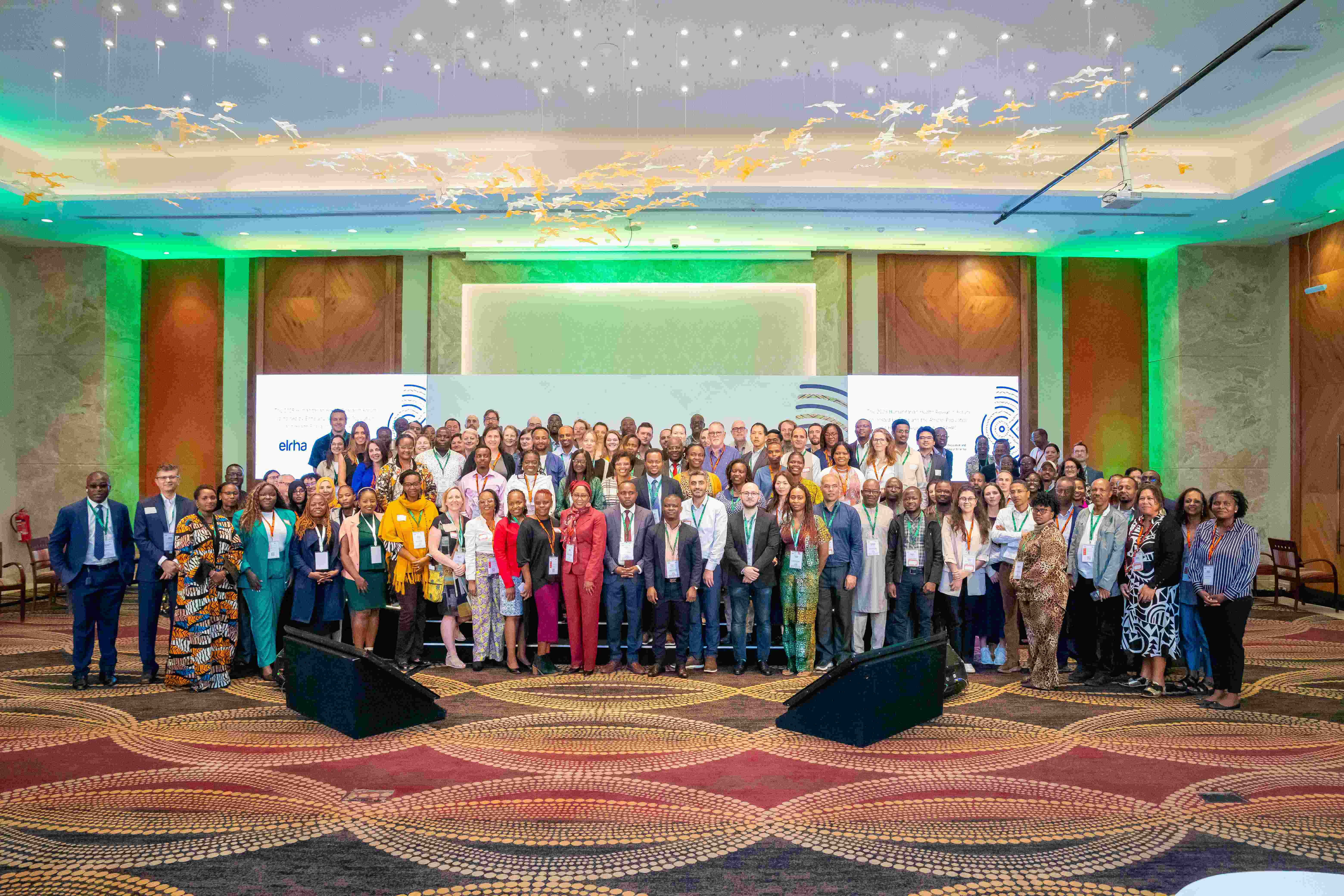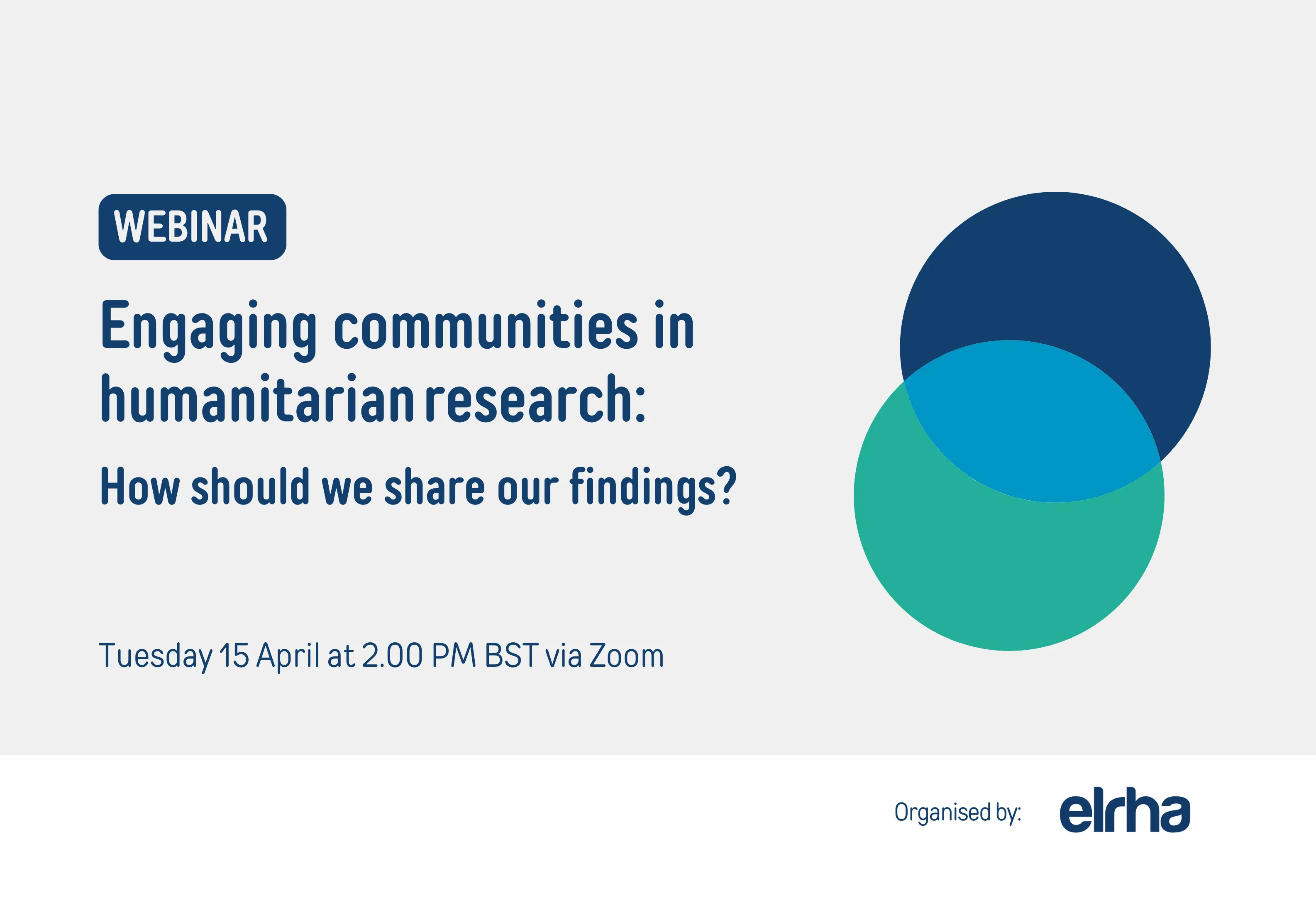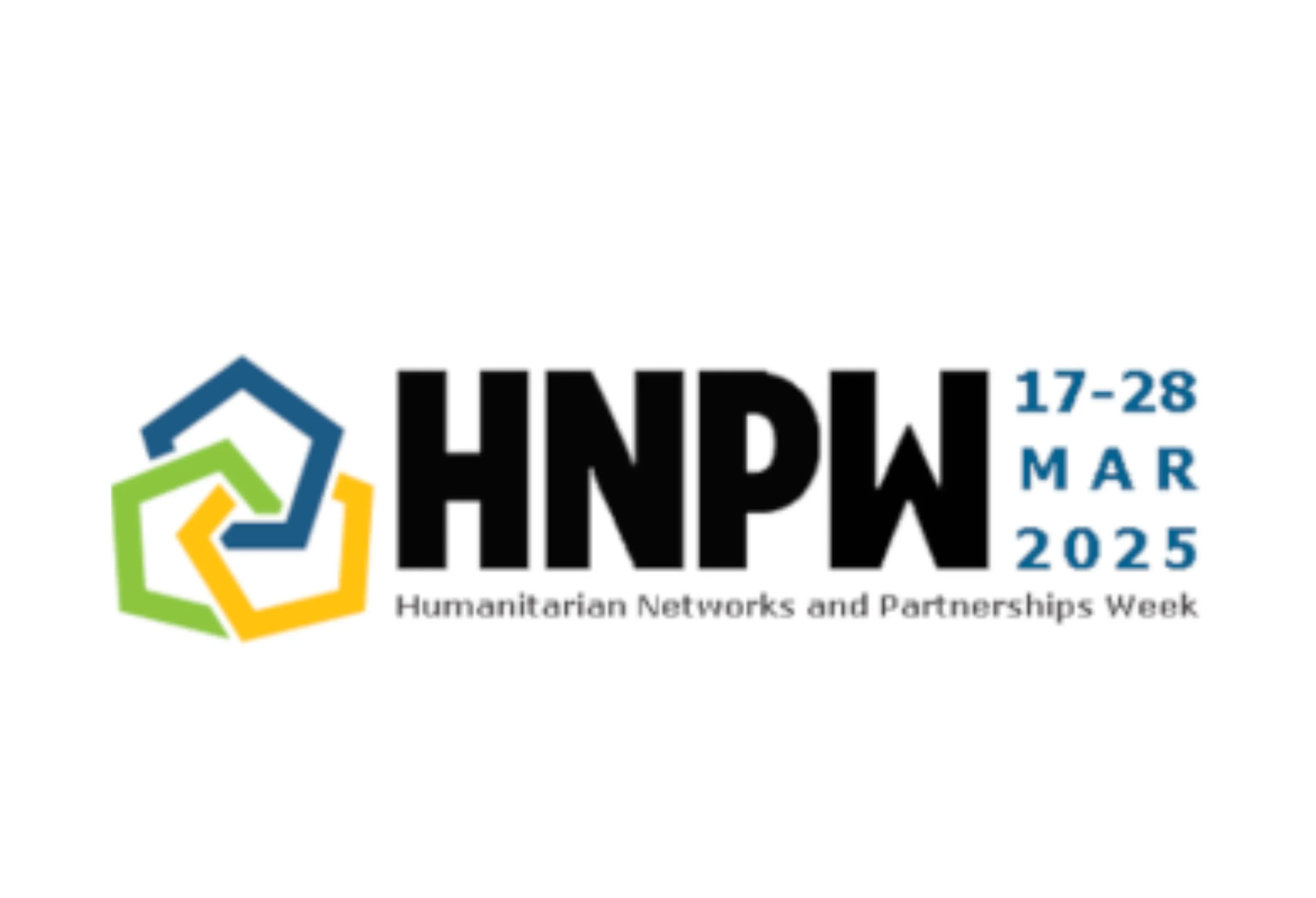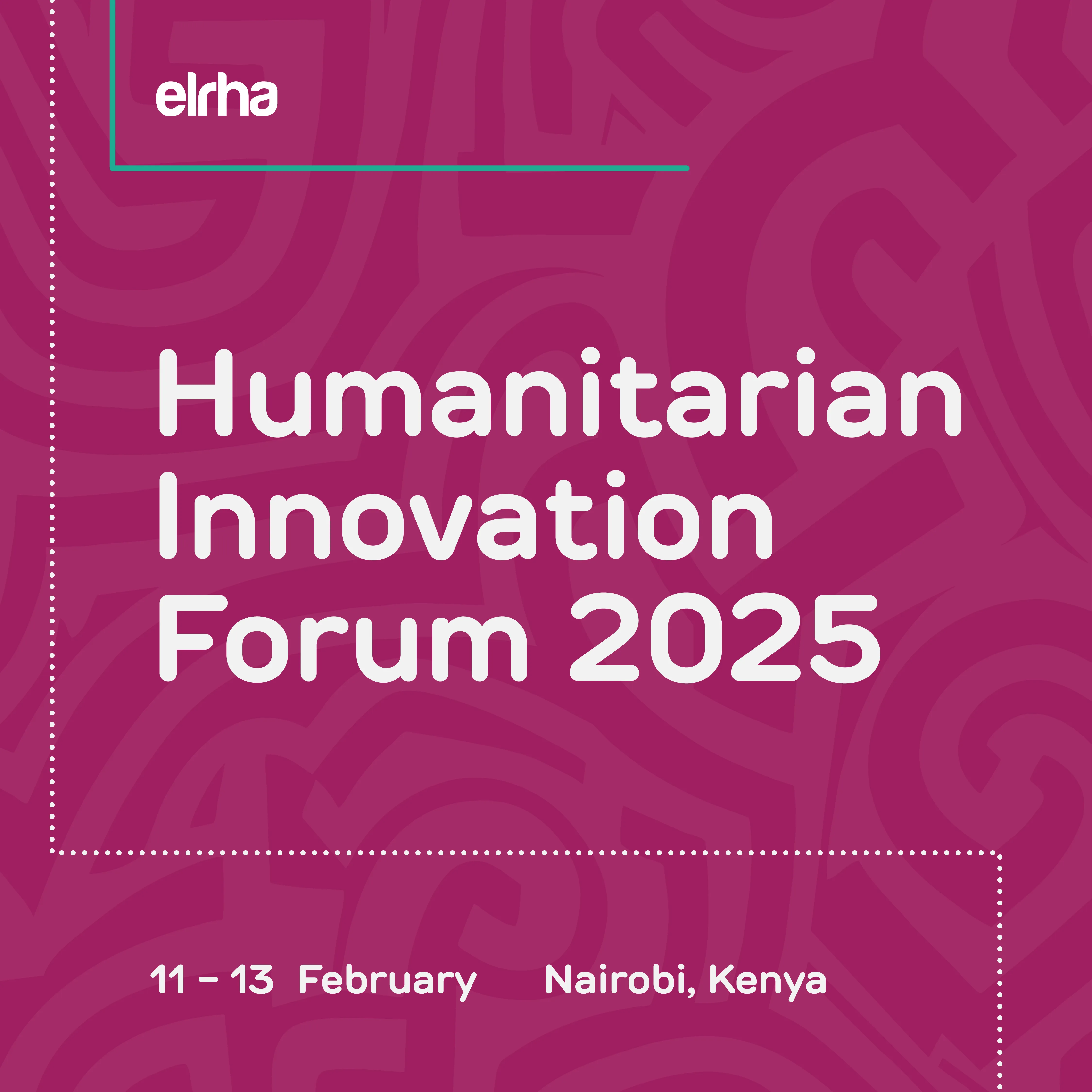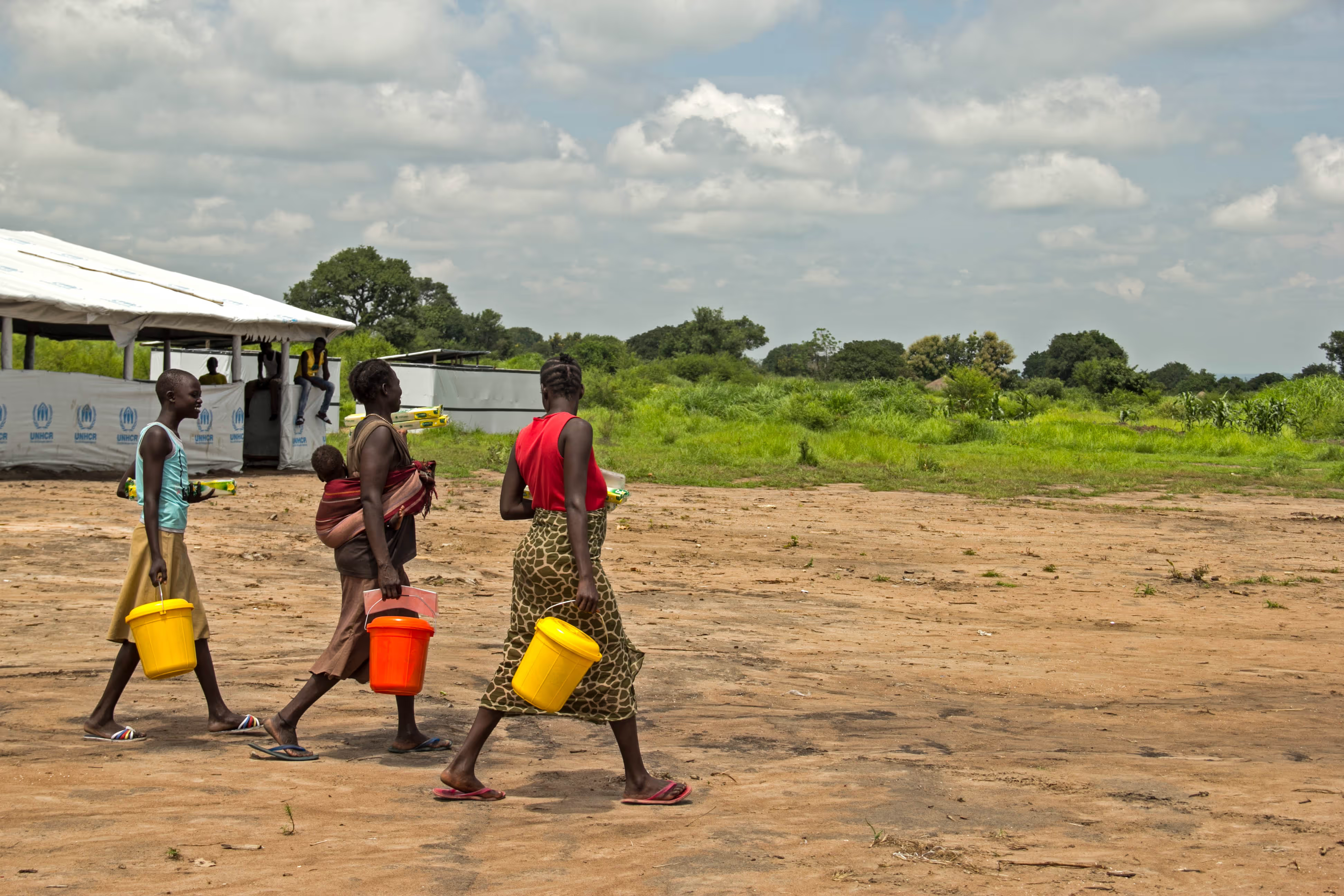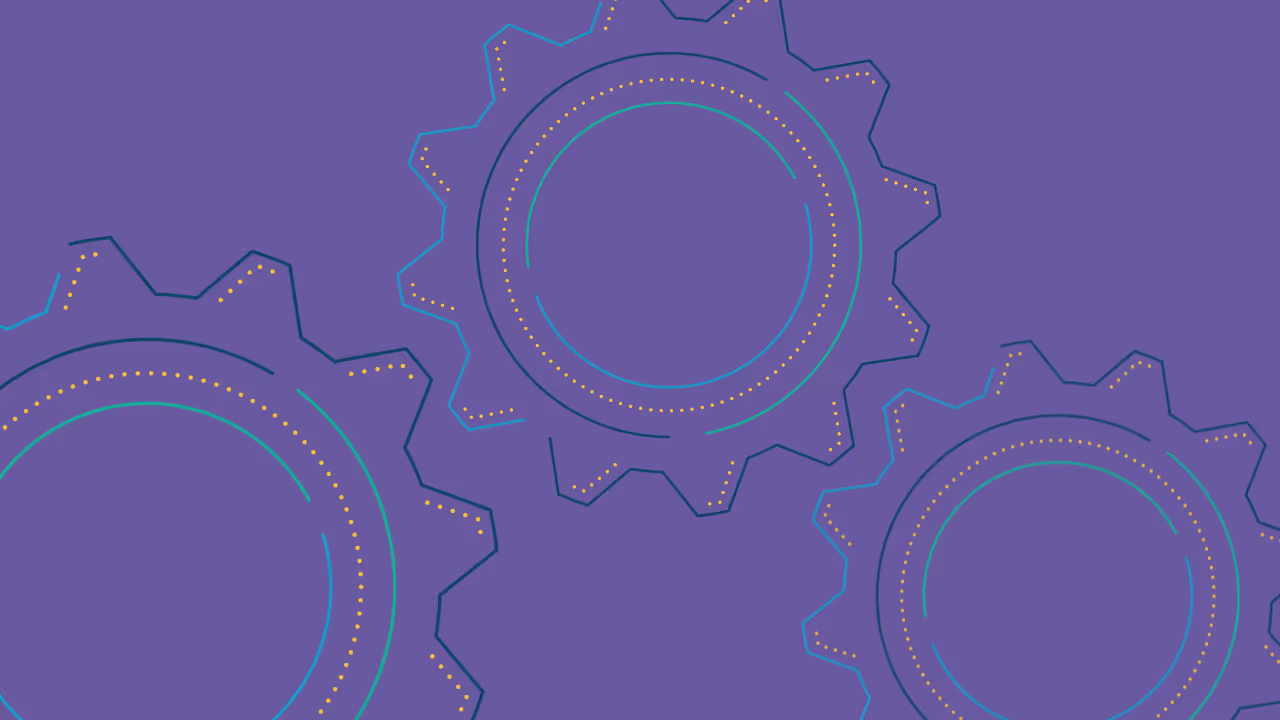How can community needs inform outbreak response in humanitarian settings? (9 June)
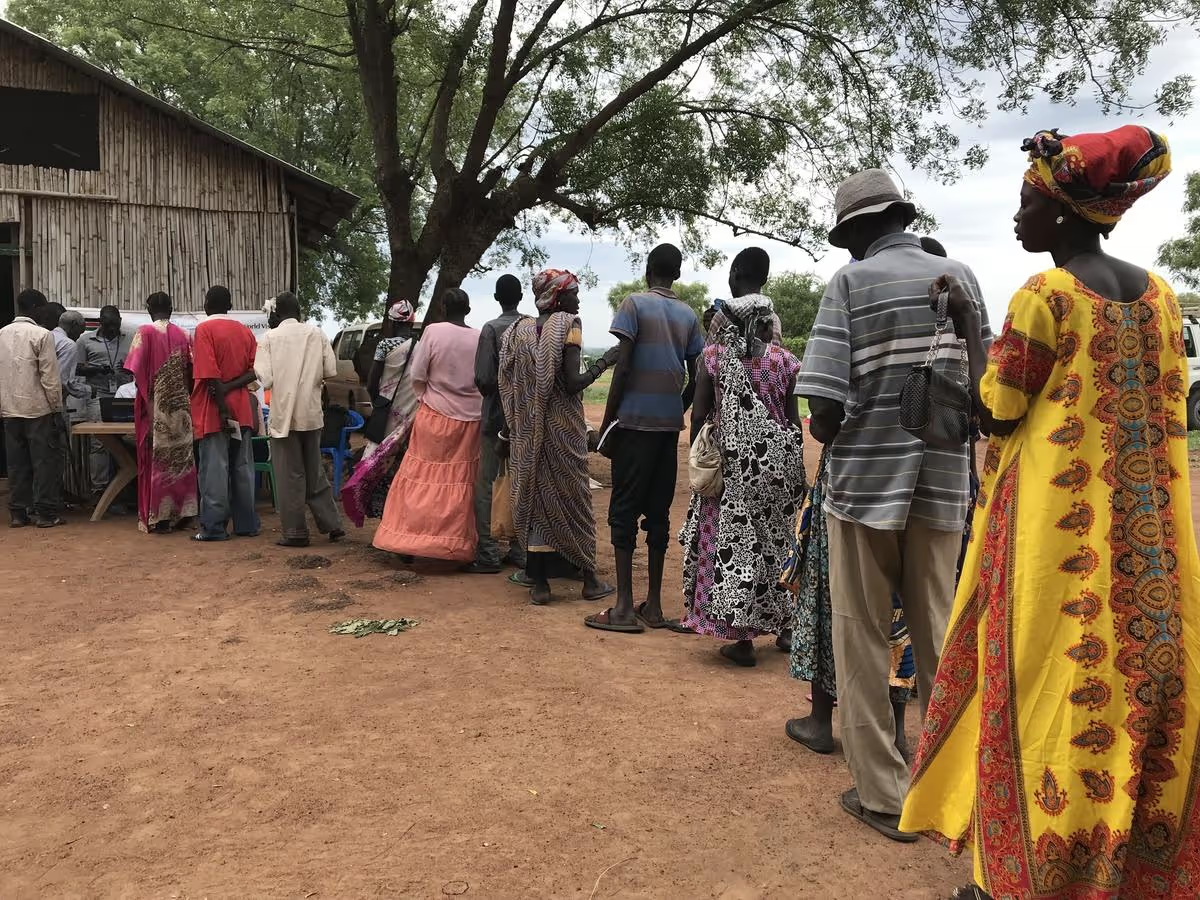
Integrating evidence on the priorities, needs and perceptions of refugees and IDPs is essential to ensure that public health responses to disease outbreaks are effective and make best use of scarce humanitarian resources. Yet in practice, producing, translating, and integrating such evidence in health responses can be challenging.
Elrha’s Research for Health in Humanitarian Crisis (R2HC) programme funded some of the first rigorous research on COVID-19 in humanitarian contexts, with a focus on rapid knowledge translation and uptake of learning by humanitarian actors. This discussion aimed to share what they learned about the needs and priorities of people affected by crisis during the COVID-19 pandemic and previous Ebola outbreak responses, exploring how this evidence can better inform humanitarian and public health programme and policy adaptations.
What was discussed?
We shared findings and lessons learned from several R2HC-supported research-practice partnerships working in Afghanistan, Ukraine, Bangladesh; Lebanon, Zimbabwe; and Democratic Republic of Congo, during both COVID-19 and previous Ebola outbreaks. Speakers considered the following questions:
- How has COVID-19 affected the needs and priorities of people living in crisis settings?
- How did evidence on needs and priorities of communities inform programme adaptations during COVID-19 and the Ebola outbreak, and how successful have adaptations based on community inputs been?
- How is evidence on community needs and priorities practically applied to the response? How is evidence shared with decision-makers?
- What new tools, approaches show potential for information gathering on needs and priorities?
- What concerns remain? Are there outstanding evidence gaps that need to be addressed?
